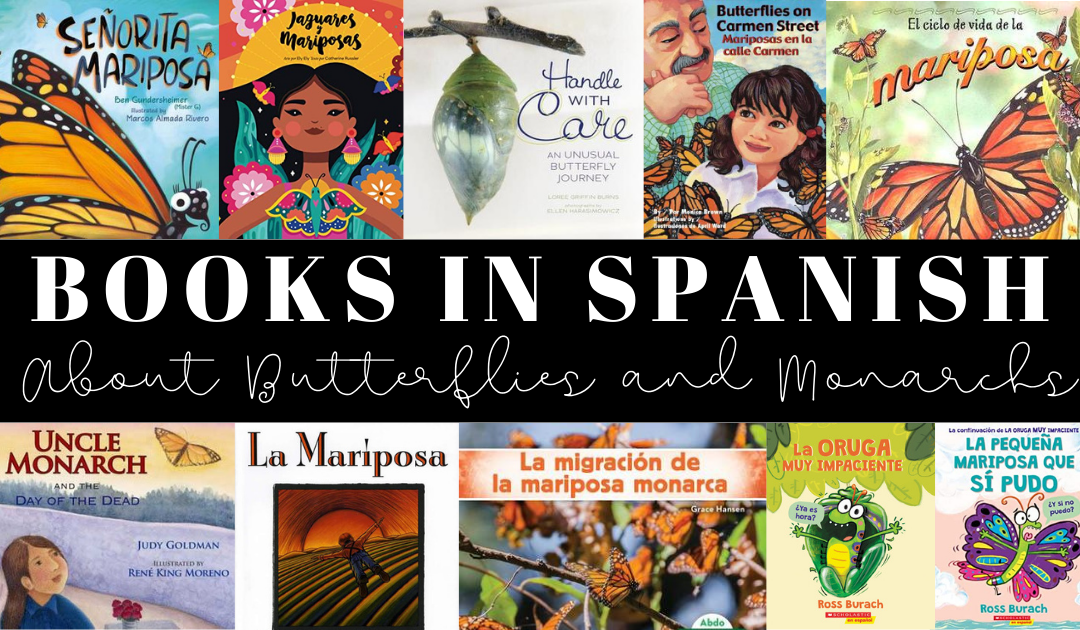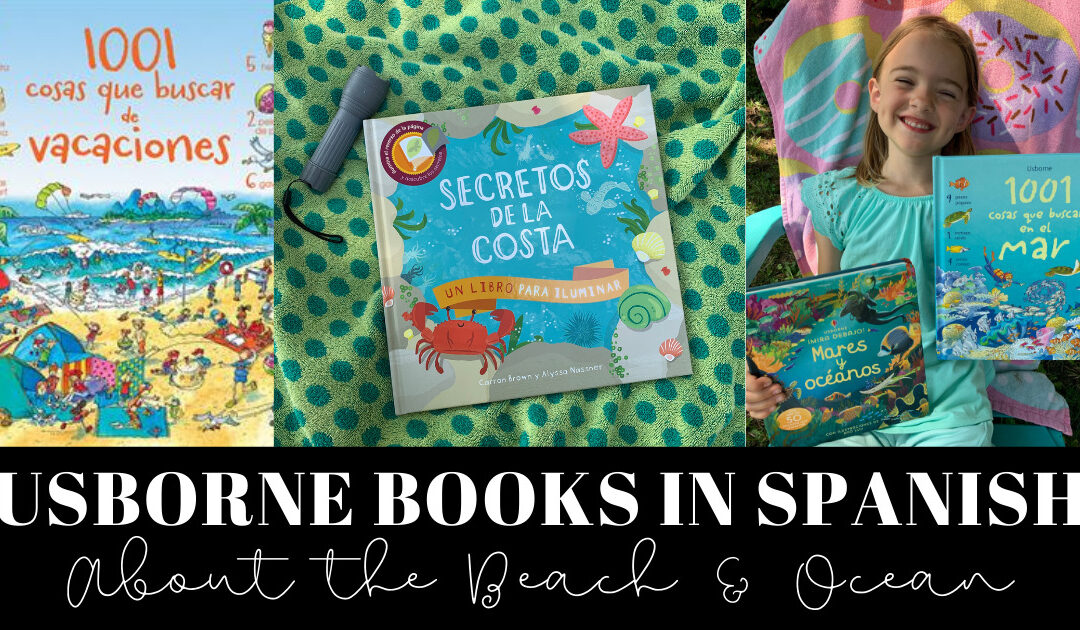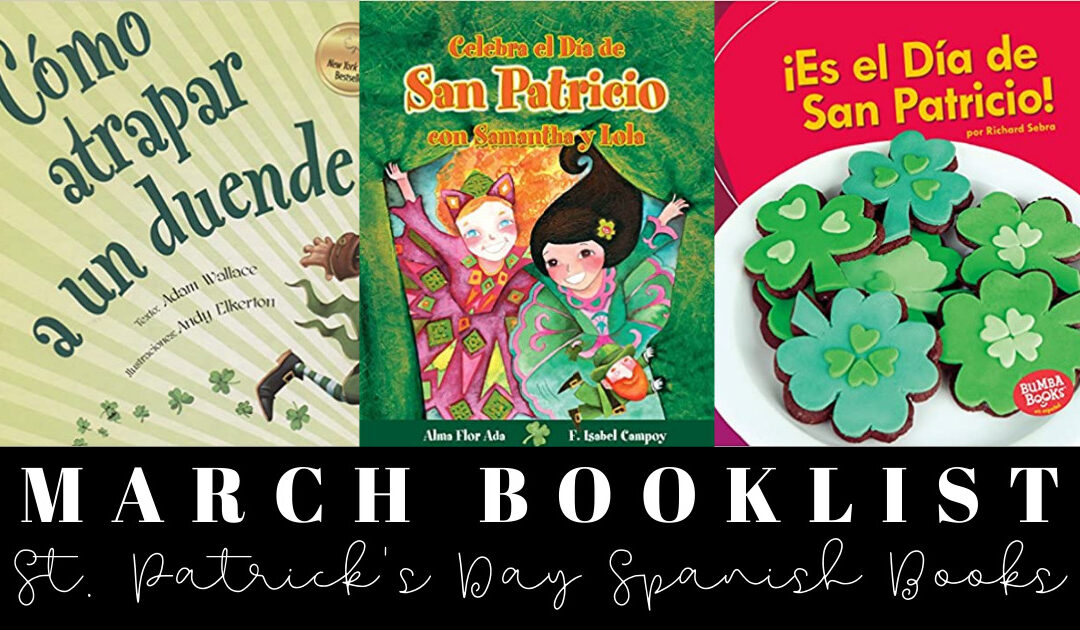Does anyone else remember those “Choose-Your-Own-Adventure” books? I used to think that my adventure of (trying) to raise my children to speak English and Spanish just happened to me, and that if some key choices in my life had gone another way, I would be living a different adventure than the bilingual one I am currently in. For example, my friend just happened to see a preschool hiring for an English-Spanish interpreter, and I just happened to get the job, which just happened to make me continue using my Spanish into motherhood. However, as I look back and think, “Well, what if I did not apply to that job. I probably would not be blogging about Spanish, right? I would have forgotten the language and moved on to something else, right?” Until I sat down to write this post for the Raising Multilingual Children Blogging Carnival, I think I would have agreed, “Right.” But as I began to think about our bilingual adventure, I began to realize the answer is “Wrong.”
Language is something that gets in you, ya know? You do not just wake up one day and decide, “I am going to speak two languages now.” Language is a process, a journey, an adventure. The more I understand this truth, the more I think I will understand how to pull apart all the bilingualism myths that exist.
So what are some of the myths I have faced in my raising-bilinguals adventure? Truthfully, most of them have come from my own insecurities or doubt. I will share with you my Top Five list of multilingualism myths I have believed which hold me back in this bilingual adventure, what I have observed that debunks them, and what I am doing to combat them.
1. My children will be confused if I speak to them in two languages.
I remember the day at the park when I realized this was not true. My oldest child was around three years old and I had been really trying to use Spanish more with him since his younger brother had been born. We were at a park one afternoon and a little girl said something that sounded like Spanish. I noticed but did not say anything, and my oldest son piped up, “Mommy she speaks Spanish like you!” It was then I realized that he could differentiate between the two languages and tell when I was switching. He could even label them.
2. My children will be delayed in English if I try to teach them Spanish.
It was this myth that held me back from speaking Spanish with my first son when he was born. I had a dear friend then that told me I should only speak Spanish to my son so that he could learn it growing up. I thought her suggestion sounded absurd. How would he learn English if I only spoke Spanish to him? I regret not taking her advice. I like what Naomi Steiner says about this subject in her book 7 Steps to Raising a Bilingual Child: “You should also know that there is a broad range of “normal” for each milestone in language development, even in monolingual children. This spectrum can be striking. For instance, some monolingual toddlers start talking profusely by 18 months, while others only begin putting two words together in their first shaky sentences at around 24 months.” If anything, bilingual children come out ahead in the end because they know two languages rather than one.
3. It is too late for my children to be bilingual because I did not start from birth.
Again, Naomi Steiner addresses this in her book, and it gave me much hope when I read it. She labels the two processes of becoming bilingual as “simultaneous bilingualism” and “sequential bilingualism.” In the first, children learn two languages at once, while in the latter children learn first become fluent in one language, and then add a second language. Steiner says, “A solid first language can actually be helpful when it comes to learning a second language, because skills from the first language can be transferred to the second.” She also points out that “a baby’s brain is pre-wired to learn multiple languages,” and that ability does not go away until puberty.
4. I cannot raise bilingual children because I am not a native speaker of both languages.
After a few years into this bilingual journey, I have met and read about many monolingual parents that successfully raised bilingual children. That is enough proof for me to keep going. The second part of beating this myth is finding a group of other like-minded parents that can support you and encourage you in your journey of raising bilinguals. I have found an endless amount of support, encouragement and resources from all the members of MKB, and I am starting to find people in my local community. It helps to know you are not alone.
5. Raising bilingual or multilingual children is easy.
I don’t know if this is really a myth that anyone would believe, but I feel like it needs to be said. Raising children that are fluent in more than one language takes lots of time, research, dedication, perseverance, and resolve. It won’t be easy, but it will be worth it.




